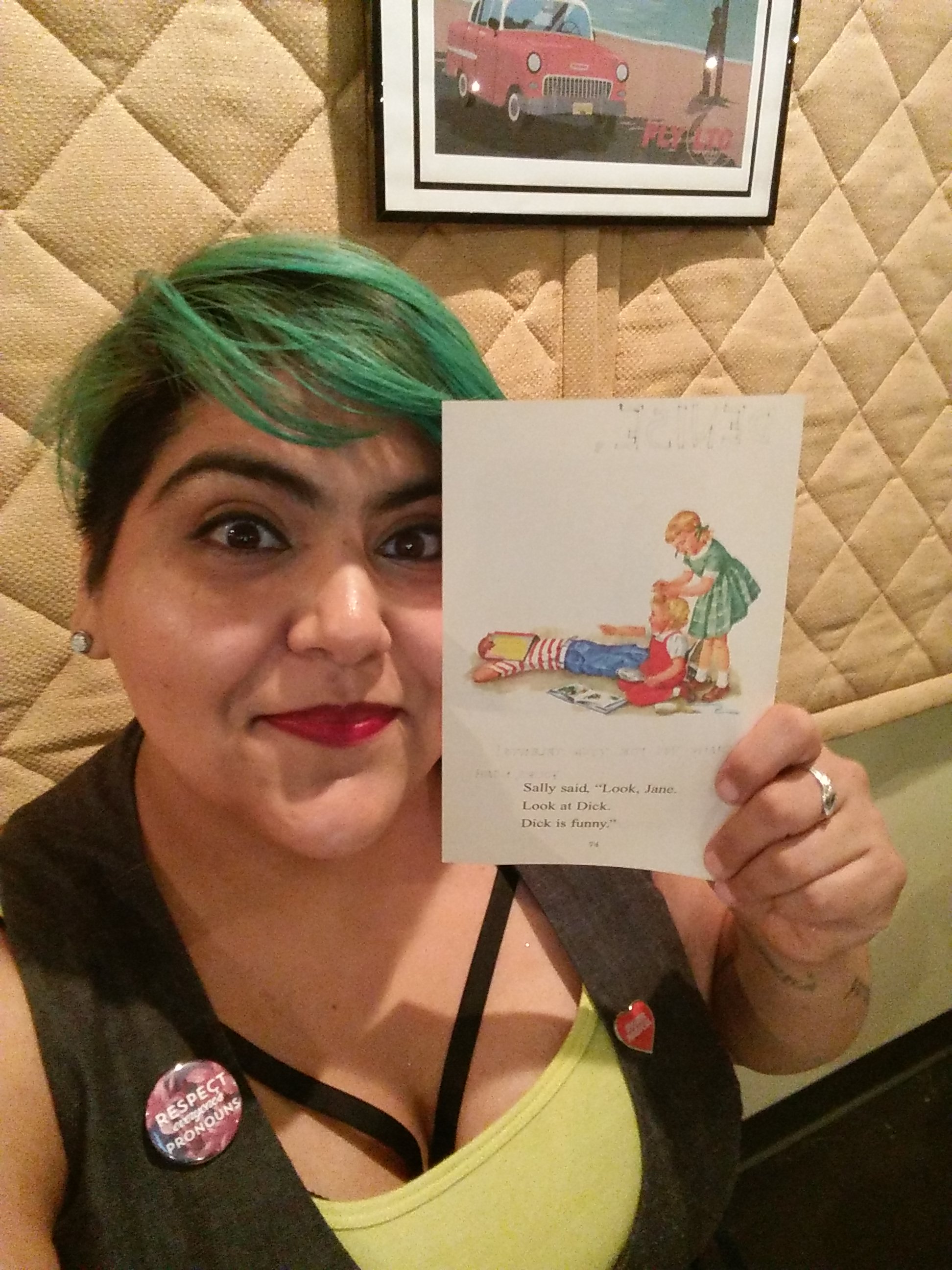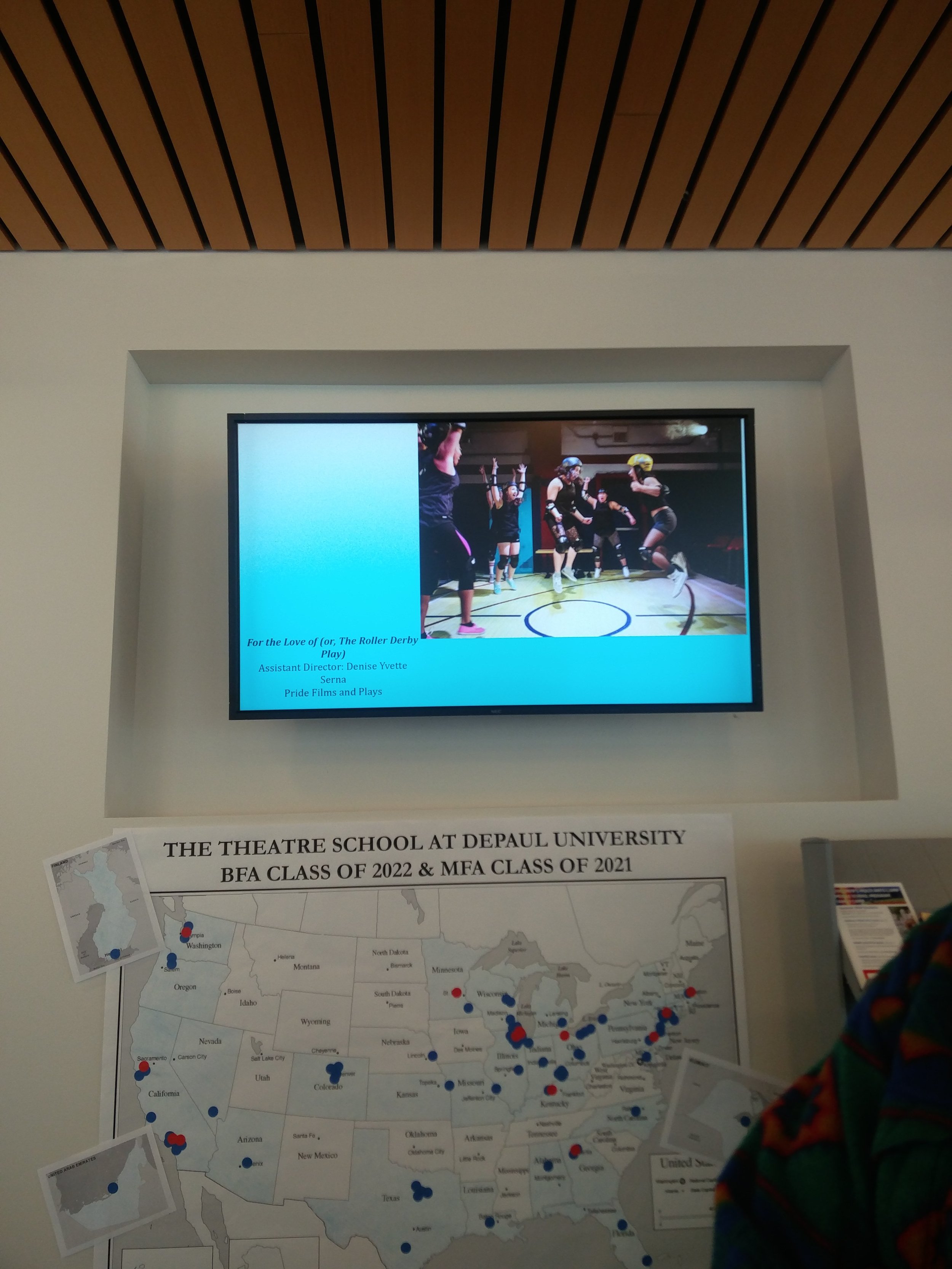I recently had the tremendous honor of participating in the 2018 Latinx Theatre Commons (LTC) Carnaval of New Latinx Work at DePaul University in Chicago, IL.
I was selected by the LTC, and counted in a cohort of some of the most exciting and respected practitioners in the industry today. To say that I am honored, or humbled, does not even begin to express how much it meant for me to be in that space, and counted as a peer.
I directed a play called Richard and Jane and Dick and Sally, written by Noah DIaz.
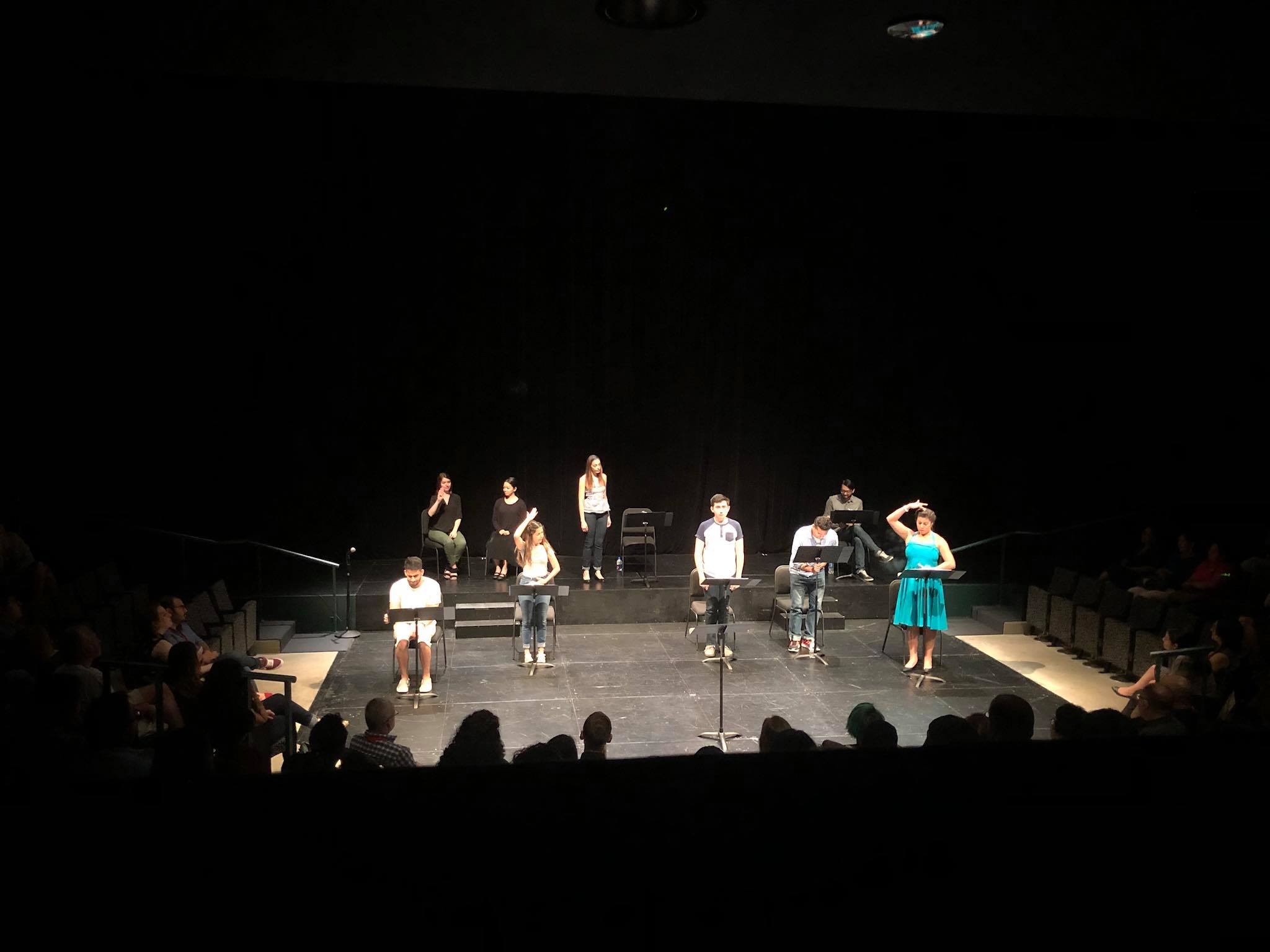
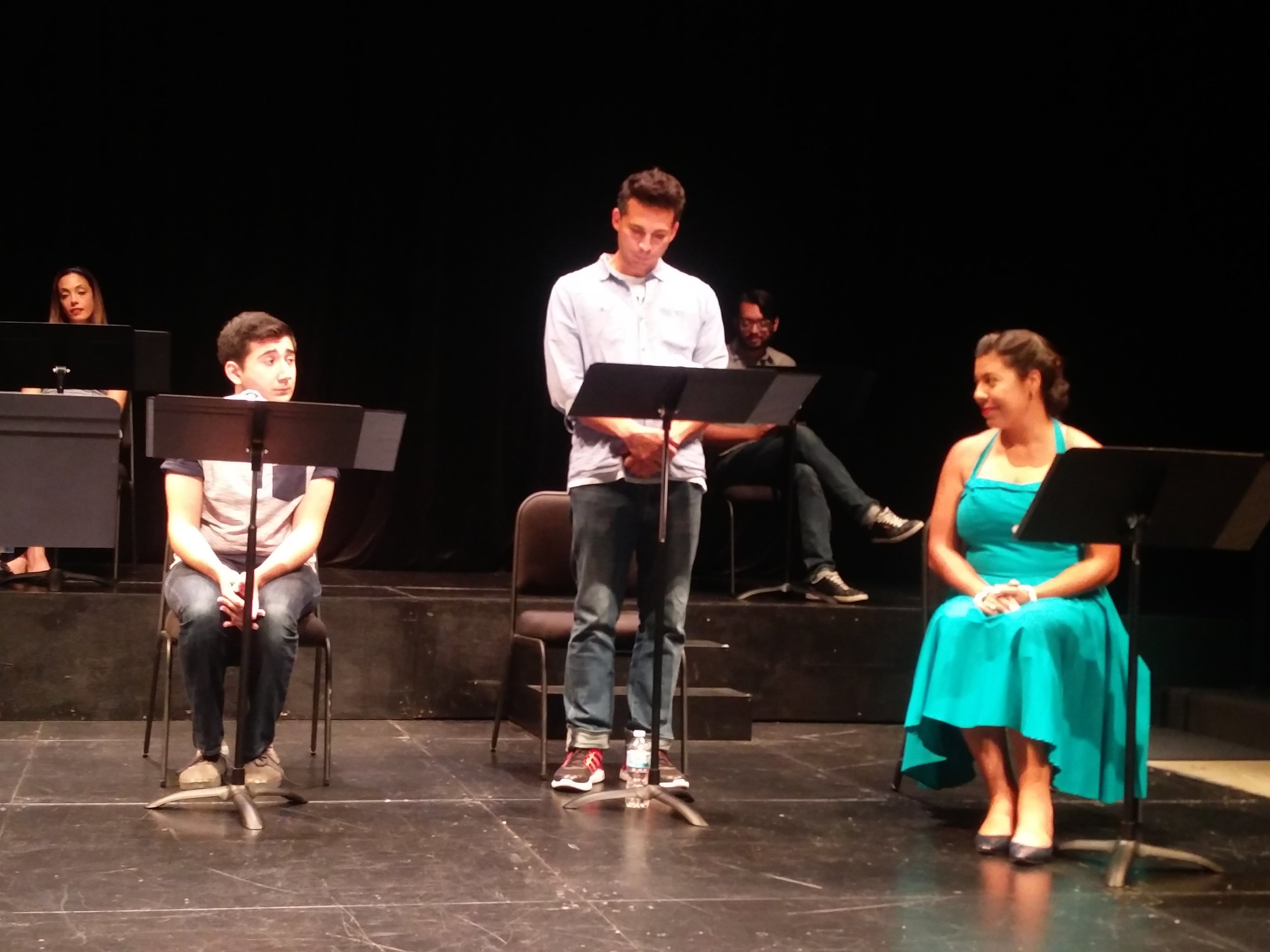
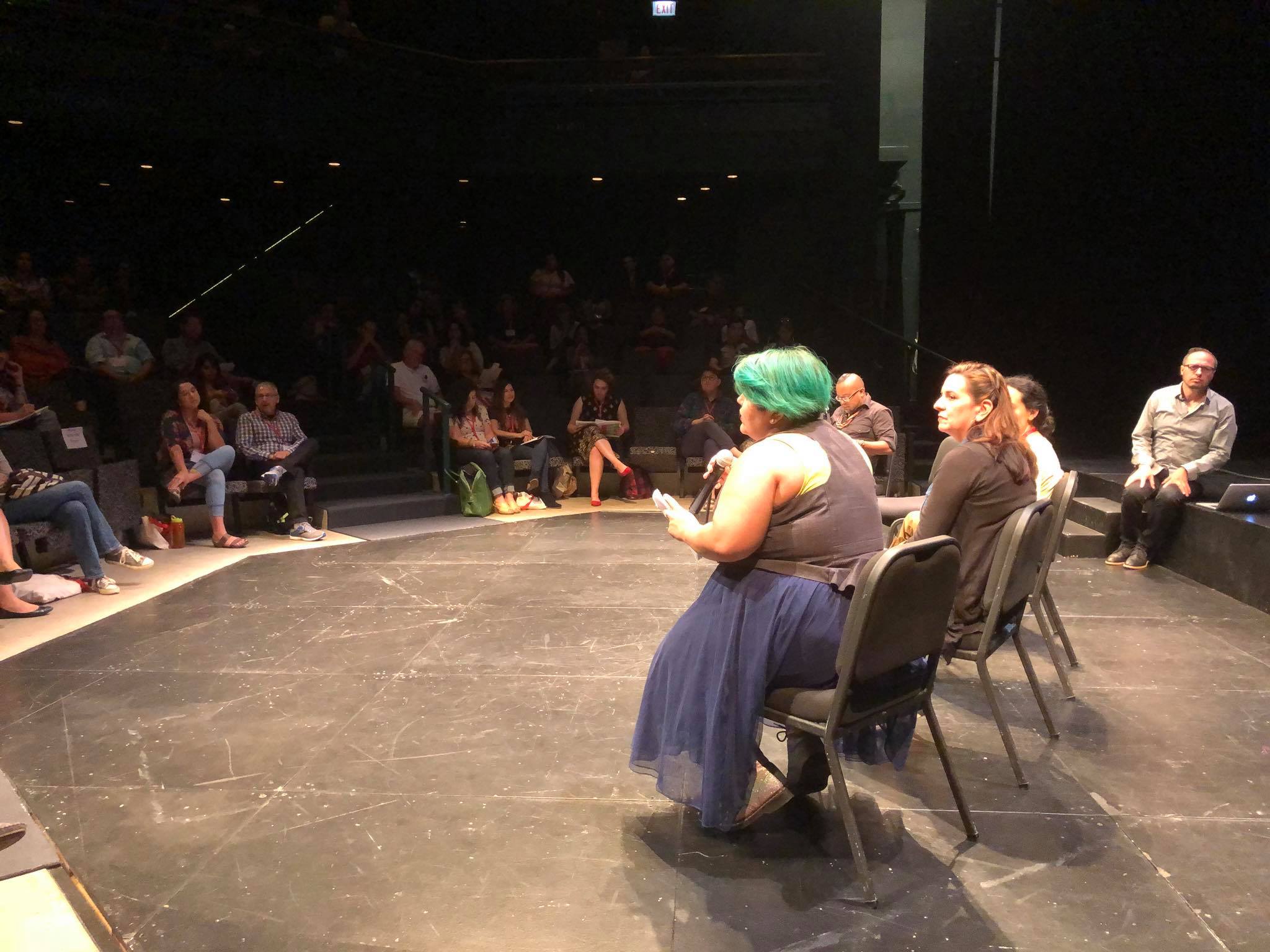

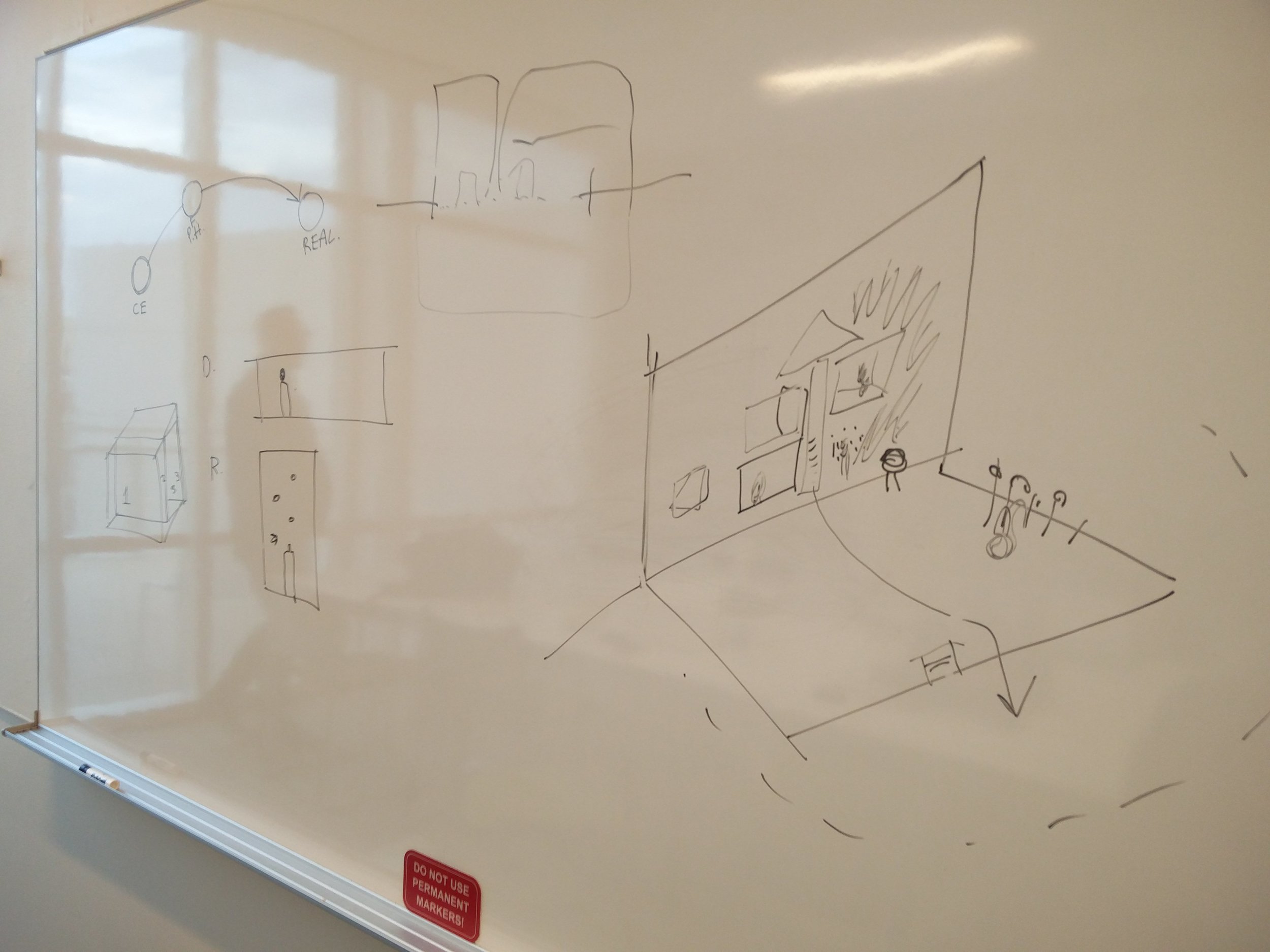
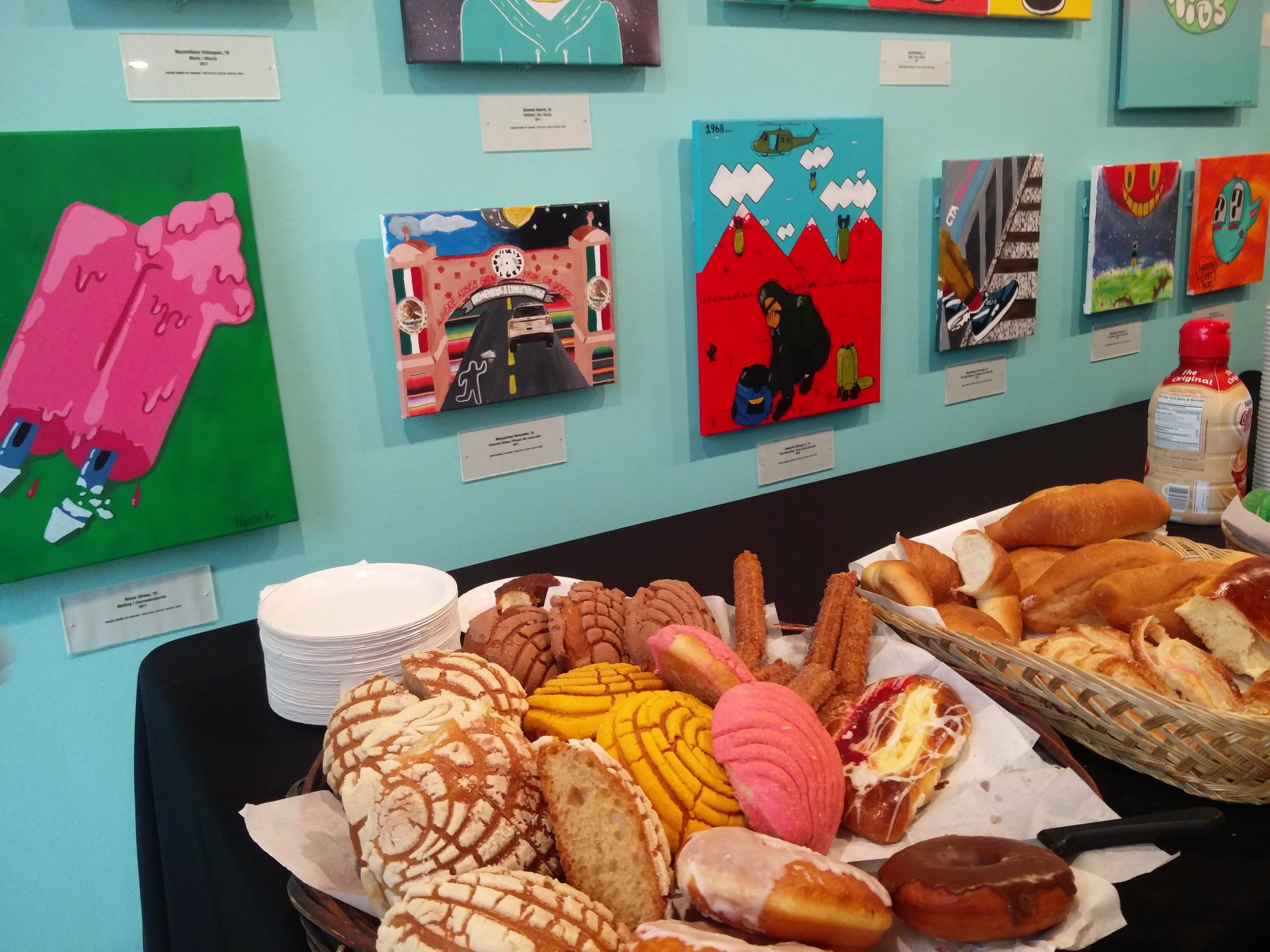
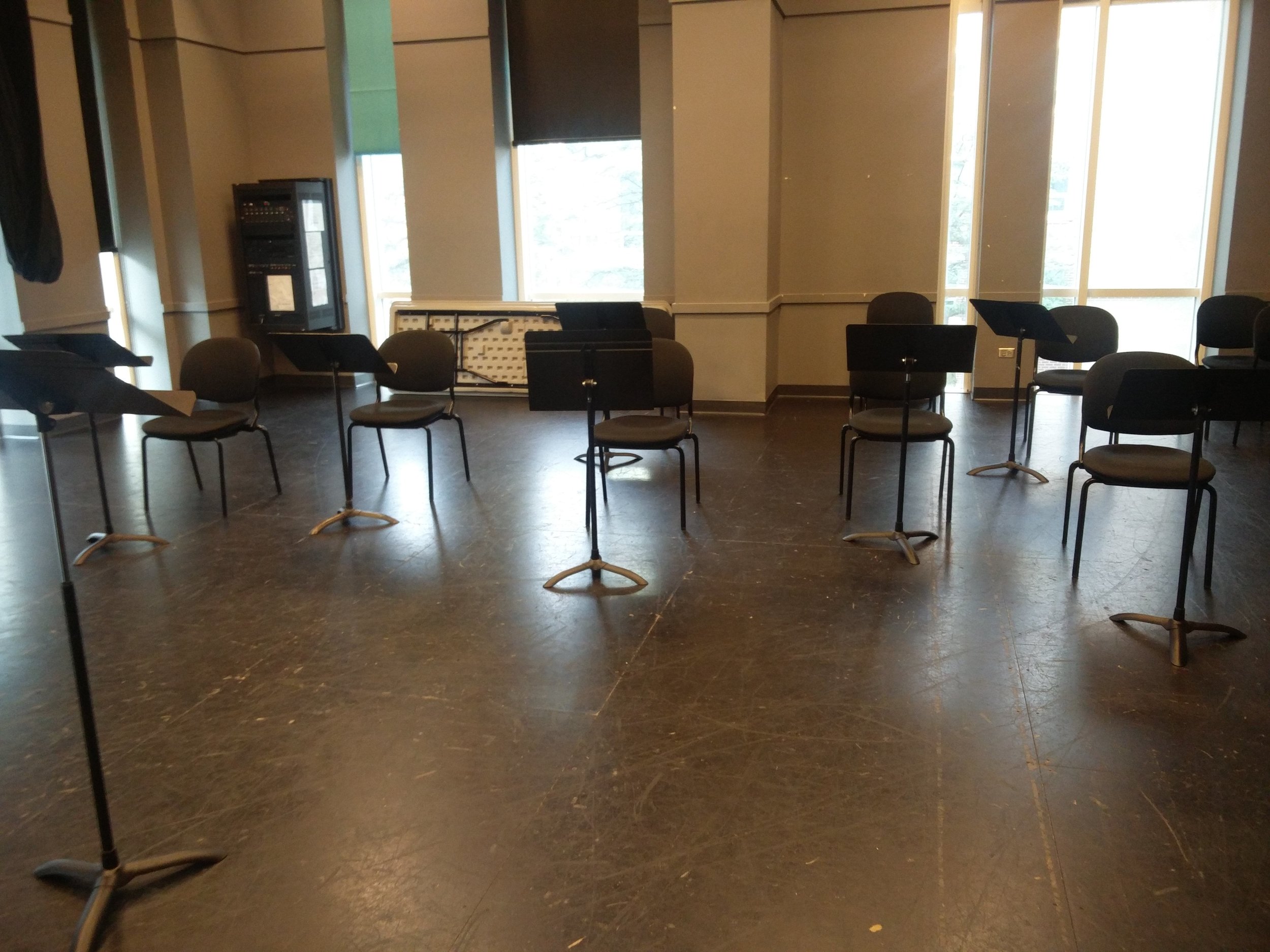
The classic “Dick & Jane” characters from the ubiquitous 1950s children’s books are grown-up and struggling to stay afloat in a home fractured by grief. Newly widowed Dick (now going by Richard) is raising his two children, Dick Jr. and Sally, who is deaf, while trying to manage a terminal illness that will inevitably leave them orphans. When he calls home his estranged sister, Jane, the family must reconcile and make peace with their shared and misunderstood histories before it’s time for him to go. A recipient of the Kennedy Center’s Jean Kennedy Smith Playwriting Award, Richard & Jane & Dick & Sally is a dramatic comedy about brothers, sisters, mothers, and fathers, with sign language, talking dogs, picnic tables, and Snickers bars.
When the play was sent to me, I had a block of time between one thing and another, and stopped at Dante's Pizza for a beer, a slice, and a read, I did not expect to be so moved by the piece. I definitely cried in my pizza, and grabbed a second beer. The play had all the elements I love, a strange, surreal, painful, magical flow, movement sequences that were several pages long, people who love one another who somehow cannot seem to see one another, and the frank and honest portrayal of women and POC. I immediately emailed Lisa Portes, the Carnaval Champion, and agreed to participate.
I was paired with a fantastic design team, who I learned a lot from and who captured everything about the piece that inspired and moved me. We only had two 1-hour meetings - and they came up with a fantastic, impressive, magical design that felt like it came straight out of a dream. The creative team included Mariana Sanchez (scenic design), Carolyn Mazuca (costume design), David R. Molina (sound design), Pablo Santiago (lighting design), and Dr. Liza Ann Acosta (dramaturgy).
The Carnaval itself was so much fun. 6 readings, multiple sessions and conversations, food, drinks, and the largest scale affinity space I have ever experienced in my professional life. You can see the spirit, charge, and power of the weekend captured in the opening ceremony, which was live streamed around the world. (Hi Mom and Dad!)




